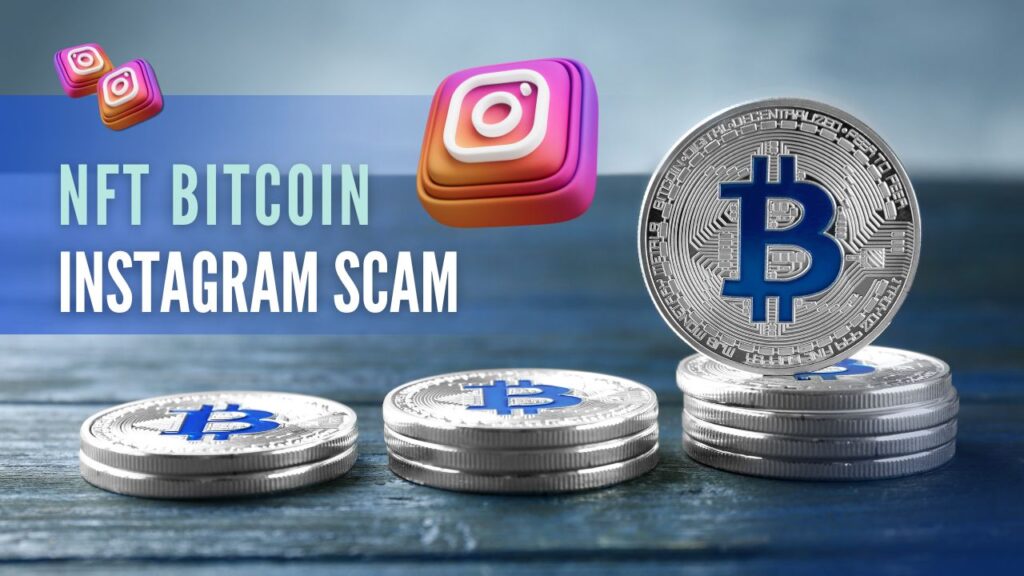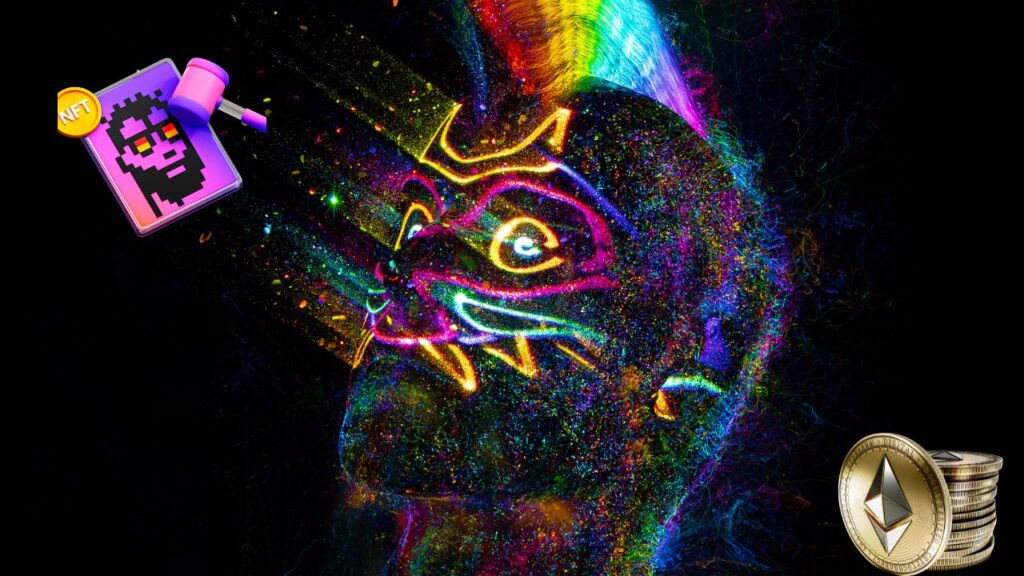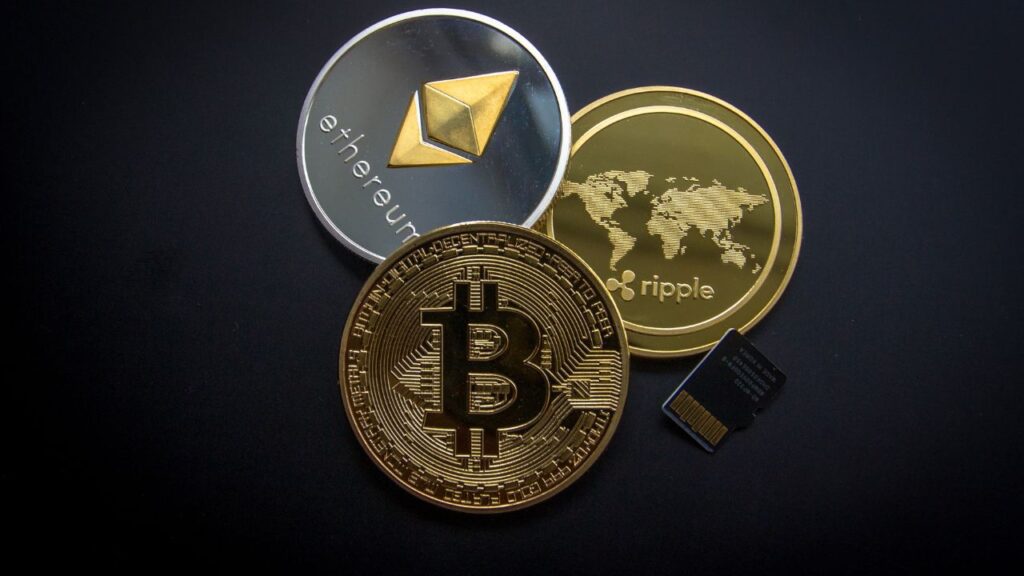
Ever saw “I want to buy your picture or art as an NFT” comment under your post? Yeah that’s Bitcoin Instagram scam. In the vast landscape of social media, Instagram stands out as one of the most popular platforms for sharing photos, stories, and connecting with others. However, with its widespread use, Instagram has become a breeding ground for various scams, and among the most prevalent are Bitcoin and NFT (Non-Fungible Token) scams. In this blog post, we’ll delve into what these scams entail, how they unfold, common tactics employed by scammers, and share a real-life story to illustrate the impact of these deceitful schemes.
Understanding Bitcoin and NFT Scams on Instagram:
Bitcoin Instagram Scams:
Bitcoin, the pioneering cryptocurrency, has gained significant popularity and value in recent years. Scammers exploit this interest by creating fraudulent schemes on Instagram. These scams often involve promises of high returns on Bitcoin investments. The scammers may pose as cryptocurrency experts, influencers, or investment advisors, luring users into investing their money with the false promise of substantial profits.
NFT Scams:
Imagine you’re a talented artist or photographer, sharing your amazing work on Instagram. Lately, with the buzz around Non-Fungible Tokens (NFTs), there are both exciting opportunities and some tricky challenges. Here’s the deal: artists like you are becoming targets for scammers on Instagram. They’re using fake accounts, pretending to be fellow creatives or NFT creators. These scammers claim they’re selling exclusive NFTs, saying they’re super rare and linked to famous artists. But, it’s all a trick. Let’s dive into the risks artists face in this NFT world. These scammers may offer exclusive NFTs for sale, claiming them to be rare or associated with popular artists, tricking users into making purchases that hold no real value.

How Instagram Bitcoin and NFT Scams Happen:
Fake Profiles and Impersonation:
Scammers create fake profiles, often impersonating well-known figures in the cryptocurrency or NFT space. These fake accounts use stolen or manipulated images to establish credibility and trust with unsuspecting users.
Phishing Links and Fake Websites:
Users are often directed to phishing links or fake websites that closely resemble legitimate cryptocurrency platforms or NFT marketplaces. Through these deceptive websites, scammers collect sensitive information, such as login credentials or financial details. They often have exactly same website as the original one that you can’t realize what’s going on.
False Promises of Returns:
Scammers entice users with promises of unrealistically high returns on their Bitcoin investments or NFT purchases. Greed and the desire for quick profits lead individuals to fall victim to these scams.
Manipulative Social Engineering:
Scammers employ social engineering tactics to manipulate users emotionally. They may create a sense of urgency or fear of missing out (FOMO), pushing individuals to act hastily without verifying the legitimacy of the offer.

Ways Scammers Reach Their Targets:
The scammers find creative ways to trap you for NFT or bitcoin Instagram scam like
Direct Messages (DMs):
Scammers often reach out to potential victims through direct messages. They may pretend to be offering exclusive investment opportunities or limited-time NFT sales to create a sense of urgency.
Fake Giveaways:
Scammers may organize fake giveaways, claiming to distribute Bitcoin or exclusive NFTs to participants. Users are required to provide personal information or make a small payment to enter, but the promised rewards never materialize.
Sponsored Ads:
Some scams use sponsored ads to reach a wider audience. These ads may appear legitimate, promoting investment opportunities or NFT sales, but they lead users to fraudulent schemes.
A Real-Life Story of NFT and Bitcoin Instagram Scam:
In 2021, a social media influencer with a sizable following on Instagram fell victim to a Bitcoin scam. The influencer received a direct message from an account posing as a renowned cryptocurrency expert. The scammer promised exclusive insights into a new Bitcoin investment opportunity that guaranteed significant returns.
Intrigued by the prospect of quick profits, the influencer followed the instructions provided, including clicking on a link to a seemingly authentic cryptocurrency platform. The platform required the influencer to deposit a certain amount of Bitcoin to start the investment process. Believing the offer was legitimate, the influencer transferred a substantial sum of Bitcoin to the provided wallet address.
Days passed, and the promised returns never materialized. When the influencer attempted to contact the supposed expert, the account had disappeared, leaving the influencer devastated and facing financial loss.
This real-life story illustrates the devastating consequences of falling victim to Instagram Bitcoin scams. Scammers often exploit the trust users place in influencers and industry experts, leading to significant financial and emotional repercussions.
How to avoid Instagram Bitcoin and NFT Scams:
Verify Accounts:
Always verify the authenticity of accounts, especially those claiming to be experts or influencers in the cryptocurrency or NFT space. To verify a potential scammer’s account, cross-check profile details on other platforms, perform a reverse image search, and conduct a Google search for their information. Use scam reporting websites, check for a verified badge, and review account activity. Look for duplicate accounts and seek community feedback to assess legitimacy. But sometimes scammers are so professional that they make feel everything real so you would need some third party or AI.
Educate Yourself:
Stay informed about common scam tactics and be wary of offers that seem too good to be true. Research and verify investment opportunities or NFT purchases before committing.
Enable Two-Factor Authentication (2FA):
Strengthen your Instagram account security by enabling 2FA to add an extra layer of protection against unauthorized access.
Report Suspicious Activity:
If you come across a suspicious account or encounter a potential scam, report it to Instagram. Reporting helps in removing fraudulent content and protecting others from falling victim.
Conclusion
In conclusion, while Instagram provides a platform for creativity and connection, users must remain vigilant against the rising tide of scams, particularly those involving Bitcoin and NFTs. By staying informed, verifying information, and exercising caution, users can protect themselves from falling prey to these deceptive schemes and contribute to a safer online community.